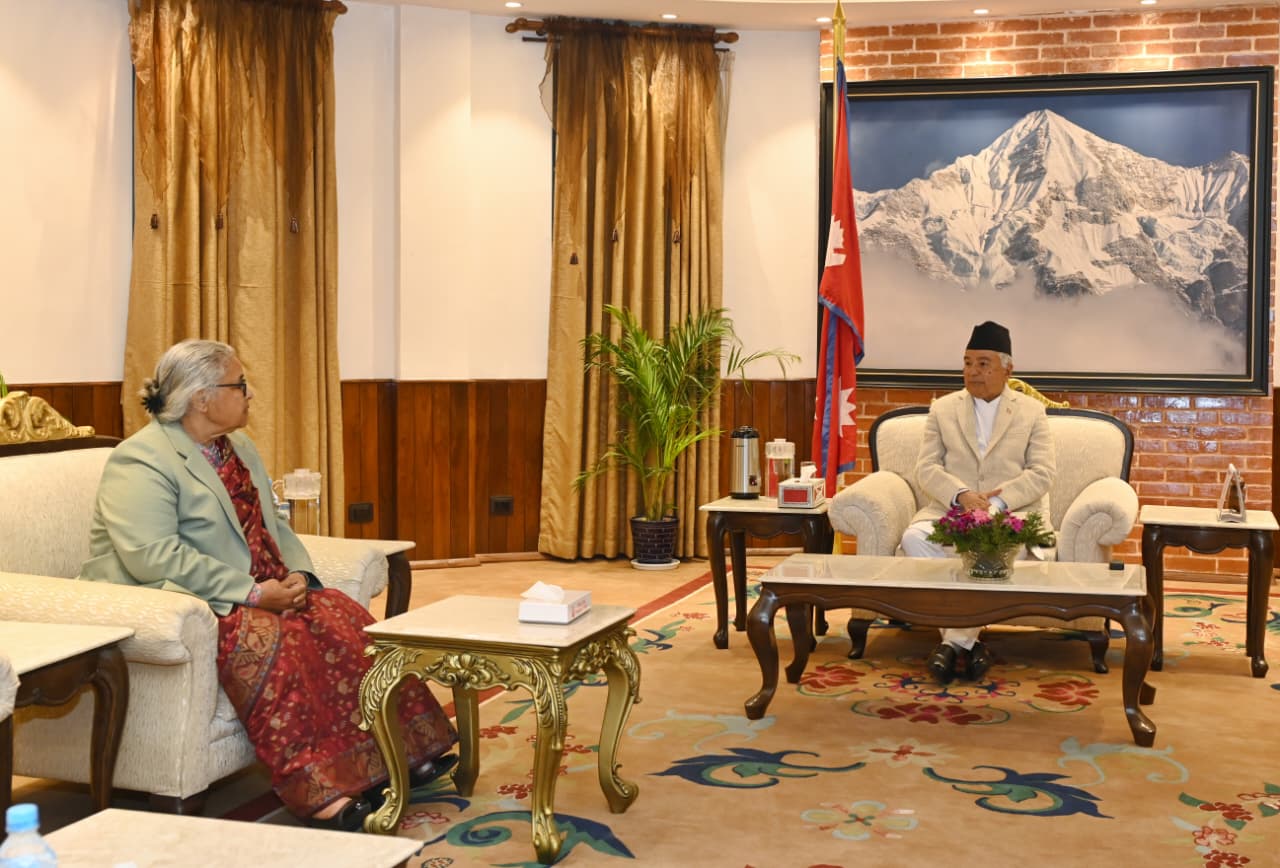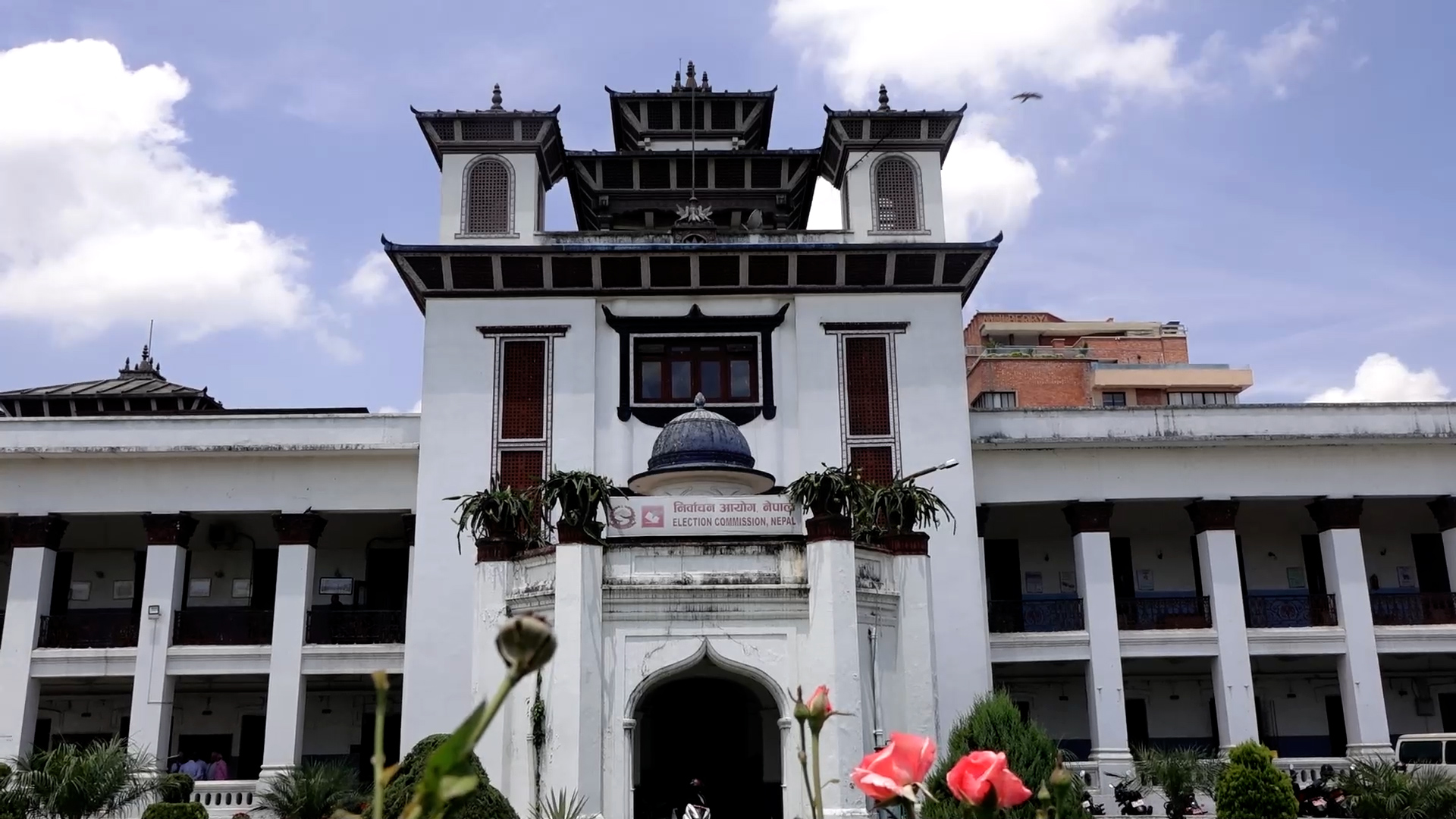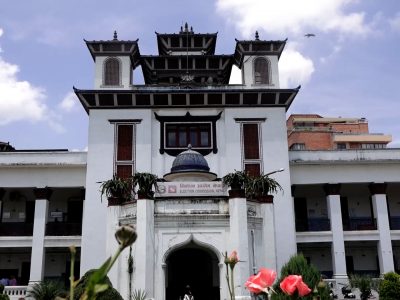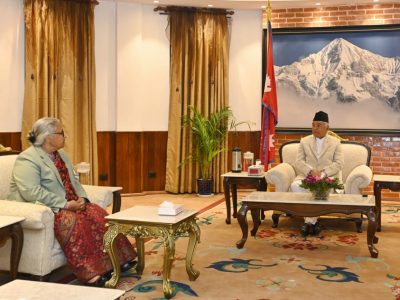Indians can now buy land in Kashmir, conditions apply
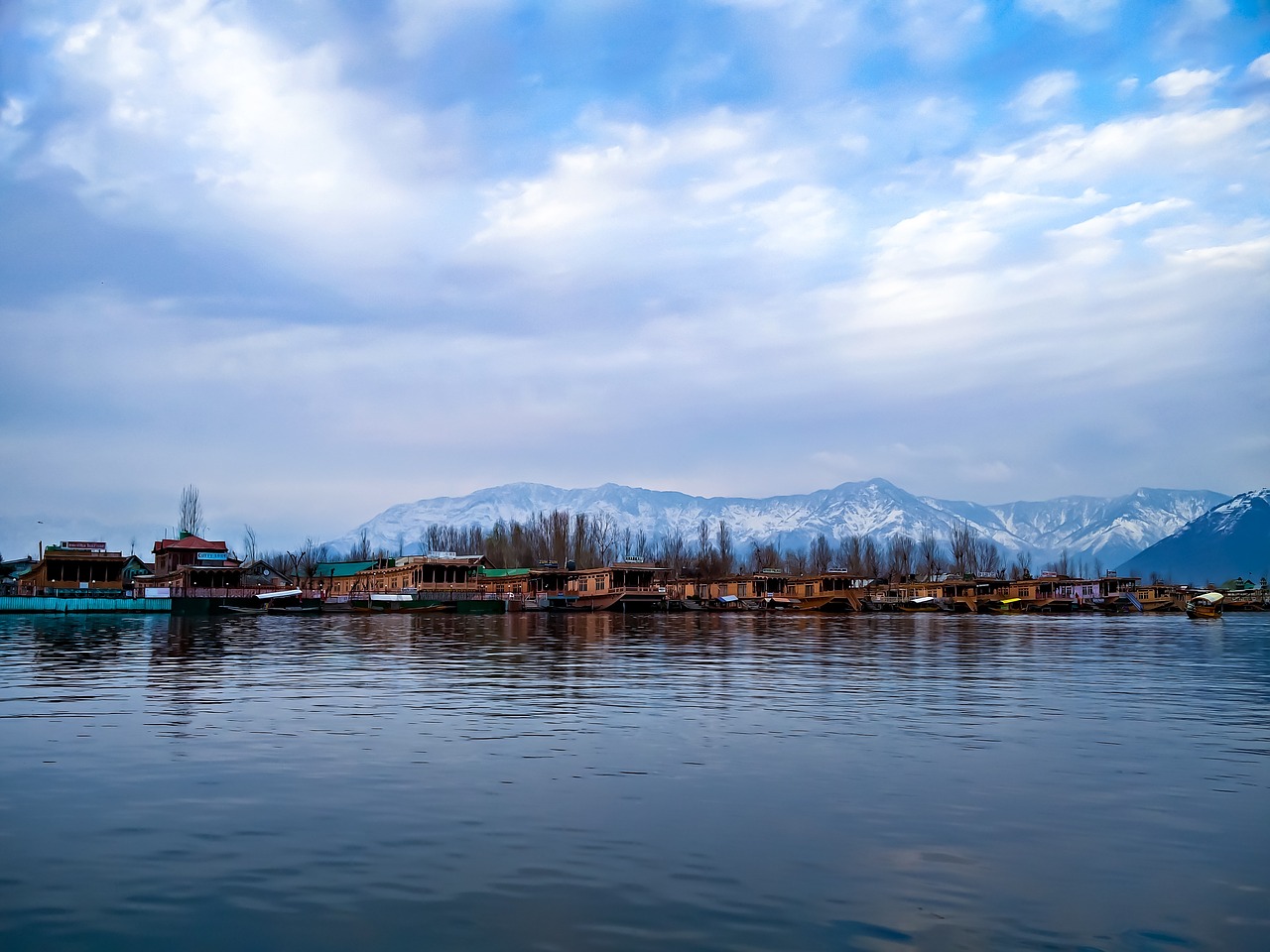
Image Credit: Pixabay.
Kathmandu. The Government of India scrapped Section 370 of the Indian Constitution on August 2019. It converted Jammu and Kashmir’s (J&K) status from a State to a Union Territory thereby increasing the role of the central government. New land laws that have entered into force have now dictated that any Indian can buy land in the region, provided that they fulfill basic conditions.
The Union Territory (UT) of Jammu and Kashmir Reorganisation (Adaptation of Central Laws) Third Order, 2020, immediately came into force as the order was passed by the government. It reads, “With immediate effect, the Acts mentioned in the Schedule to this Order shall, until repealed or amended by a competent Legislature or other competent authority, have effect, subject to the adaptations and modifications directed by the said Schedule, or if it is so directed, shall stand repealed.” As per the order, the General Clauses Act 1987 will be applied for the interpretation of the law. The Ministry of Home Affairs in this instance has decided to repeal or substitute 26 laws that were previously in effect.
According to the ministry, “The provisions of this Order which adapt or modify any law so as to alter the manner in which, the authority by which or the law under or in accordance with which, any powers are exercisable, shall not render invalid any notification, order, commitment, attachment, bye-law, rule or regulation duly made or issued, or anything duly done before the 31st day of October 2019; and any such notification, order commitment, attachment, bye-law, rule, regulation or anything may be revoked, varied or undone in the like manner, to the like extent and in the like circumstances as if it had been made, issued or done after the commencement of this Order by the competent authority and in accordance with the provisions then applicable to such case.”
Prior to the decision made by the Modi administration to revoke Article 370, Article 35-A provided that non-residents could not purchase immovable property in J&K. Lieutenant Governor Manoj Sinha claimed that agricultural lands could not be bought by non-agriculturalists, however, the new law does provide for certain exemptions. Agricultural lands can be transferred to non-agriculturalists for the purpose of building health care facilities or educational structures. Furthermore, if permission is acquired from the government, “The holder of any agriculture land may construct a residential house or erect farm building, grain storage, primary processing of agriculture produce, wells or tanks or make any other improvements thereon for residential purpose or agricultural improvement, on intimation to the tehsildar concerned.” Such scale of improvements may not exceed 400 square meters.
Lands that have been marked as eco-sensitive zones cannot be transferred. Moreover, the orders convey that land utilized for growing fodder or fuel also will not, without the explicit permission of the district collector, be used for any other purposes. Sinha noted that, “On the areas identified as ‘industrial areas’, we want good industries to come up here, like in the rest of the country, so that there is progress, development and employment”.
On the other hand, discontent amongst several individuals has been palpable. Omar Abdullah, the Chief Minister of the State of Jammu and Kashmir, commented on his twitter post that these provisions were, “Unacceptable amendments to the land ownership laws of J&K. Even the tokenism of domicile has been done away with when purchasing non-agricultural land & transfer of agricultural land has been made easier. J&K is now up for sale & the poorer small land holding owners will suffer.”
Sitaram Yechury, the leader of the Communist Party of India, considered the law as an act of “highway robbery,” whereby he questioned as to whether “the next step be forcible land acquisition to hand over to cronies & fatten the purses of the ruling party at centre?”
Mehbooba Mufti who was recently released from her 14 months of detainment, that she observed alongside Omar Abdullah and Farooq Abdullah post the bifurcation of J&K, also expressed her concerns. The former Chief Minister of J&K, and the current Party President of Jammu and Kashmir Peoples Democratic Party mentioned in a Tweet that this move was a “part of GOI’s nefarious designs to disempower & disenfranchise people of J&K. From the unconstitutional scrapping of Article 370 to facilitating loot of our natural resources & finally putting land in J&K up for sale.” She further added that, “After failing on all fronts to provide roti & rozgar to people, BJP is creating such laws to whet the appetite of a gullible electorate. Such brazen measures reinforces the need of people of all three provinces of J&K to fight unitedly.”
Tensions have been raging in the region for decades and the Indian government’s decision to rip out Section 370 from its Constitution may have not helped to cool the nationalist and secessionist sentiments in J&K. With the new land laws that have already created a ripple of dissatisfaction in the minds of many, the long term repercussions of the act remains to be seen.
Facebook Comment
latest Video
Trending News
- This Week
- This Month



